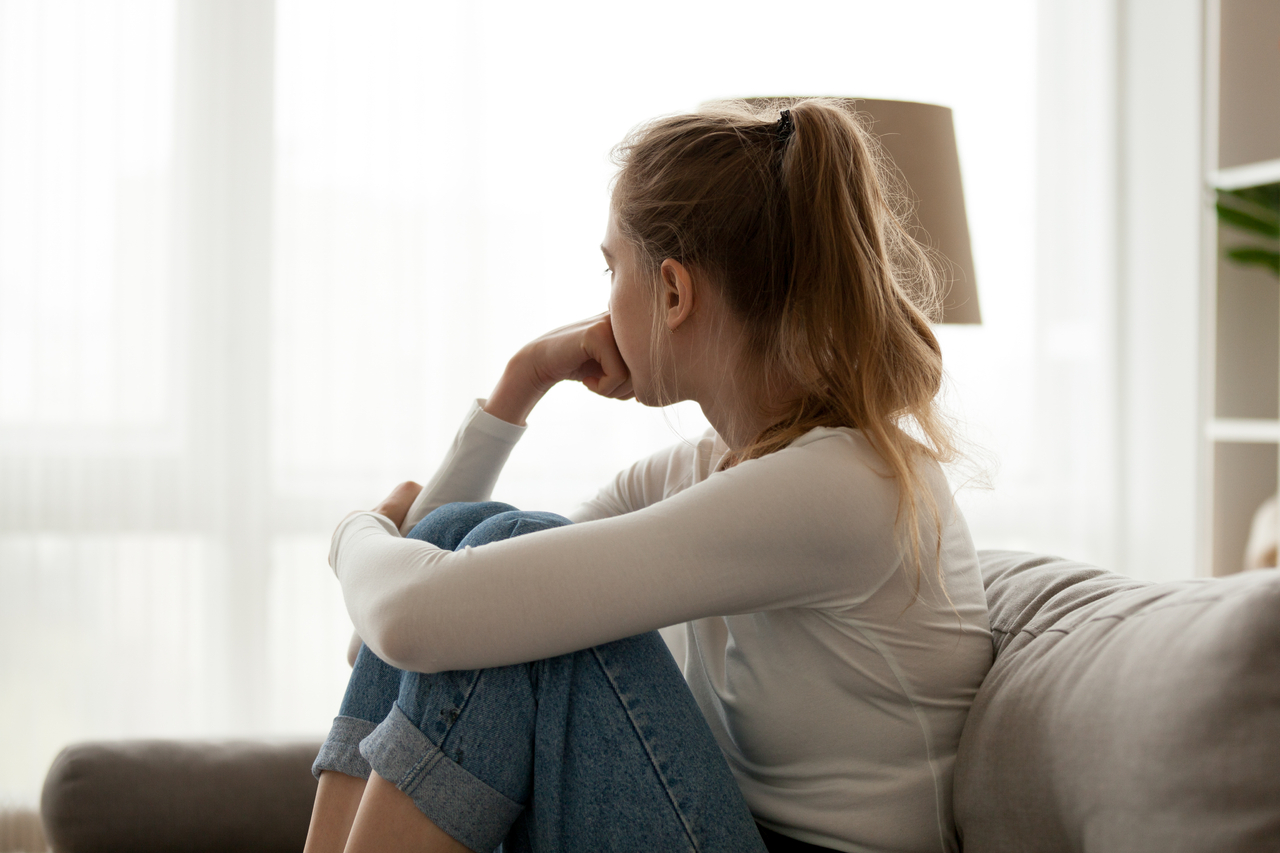
Young women in Ireland report being loneliest in EU, study finds
The findings were the first published from Eurofound’s living, working and Covid-19 online survey.
by Hayley HalpinYOUNG WOMEN IN Ireland report being the loneliest in the EU, a new study has found.
The findings were the first published from Eurofound’s living, working and Covid-19 online survey.
It found that despite comparatively high overall levels of life satisfaction and optimism in Ireland, women aged 18-34 here report being the loneliest in the EU.
The first wave of Eurofound’s survey was carried out in April, with 85,000 participants, 16,599 of whom were aged 18-34. There were 1,200 full responses from people aged 18-34 in Ireland.
Overall, the survey results show that people in the EU aged 18-34 were more likely to report feeling depressed, lonely, and anxious than those aged 35 and over.
They also indicated lower levels of resilience in dealing with problems in life, and a significant decrease in life satisfaction compared to before the Covid-19 pandemic.
Young people had traditionally reported higher levels of wellbeing and life satisfaction than older age groups – a trend which was reversed by the financial crisis, and appears to have been further exacerbated by the current pandemic, Eurofound noted.
The study found that young Irish women were more likely to report feeling downhearted, depressed and lonely than both their male counterparts and the EU average.
This is not aligned with broader EU findings, where women aged 18-34 were slightly less likely than men to report feeling depressed or lonely.
Across all genders surveyed, 16% of EU respondents aged 18-34 reported feeling downhearted or depressed either all or most of the time. The average for young women across the EU was slightly lower.
However, it was notably higher for young Irish women at 19%.
This trend is even more significant for loneliness. 20% of all respondents aged 18-34 in the EU felt lonely either all of the time or most of the time, with the EU average for women in this age group being lower (18%), but markedly higher for young Irish women at 27% – the highest proportion among the countries with a reliable sample size.
#Open journalism No news is bad news Support The Journal
Your contributions will help us continue to deliver the stories that are important to you
Support us now
These findings reinforce a previous analysis from Eurofound which highlighted that Ireland had the highest incidence of moderate to severe depressive symptoms among young women (aged 15-24) in the EU.
According to 2014 Eurostat data, Ireland had a 17% incidence of moderate to severe depressive symptoms among young women in this age group, and 9% for young men. The EU averages were 7% and 3% respectively.
Speaking about the findings, Eurofound head of unit for information and communication Mary McCaughey said: “Covid-19 has had a significant impact on quality of life and wellbeing across Europe. It should be noted that Ireland has comparatively high quality of life and wellbeing indicators for the population as a whole.
“However, the situation with regard to young women needs specific consideration. Unfortunately, these findings reinforce existing data with regards to the health and wellbeing of younger women in Ireland.”